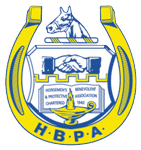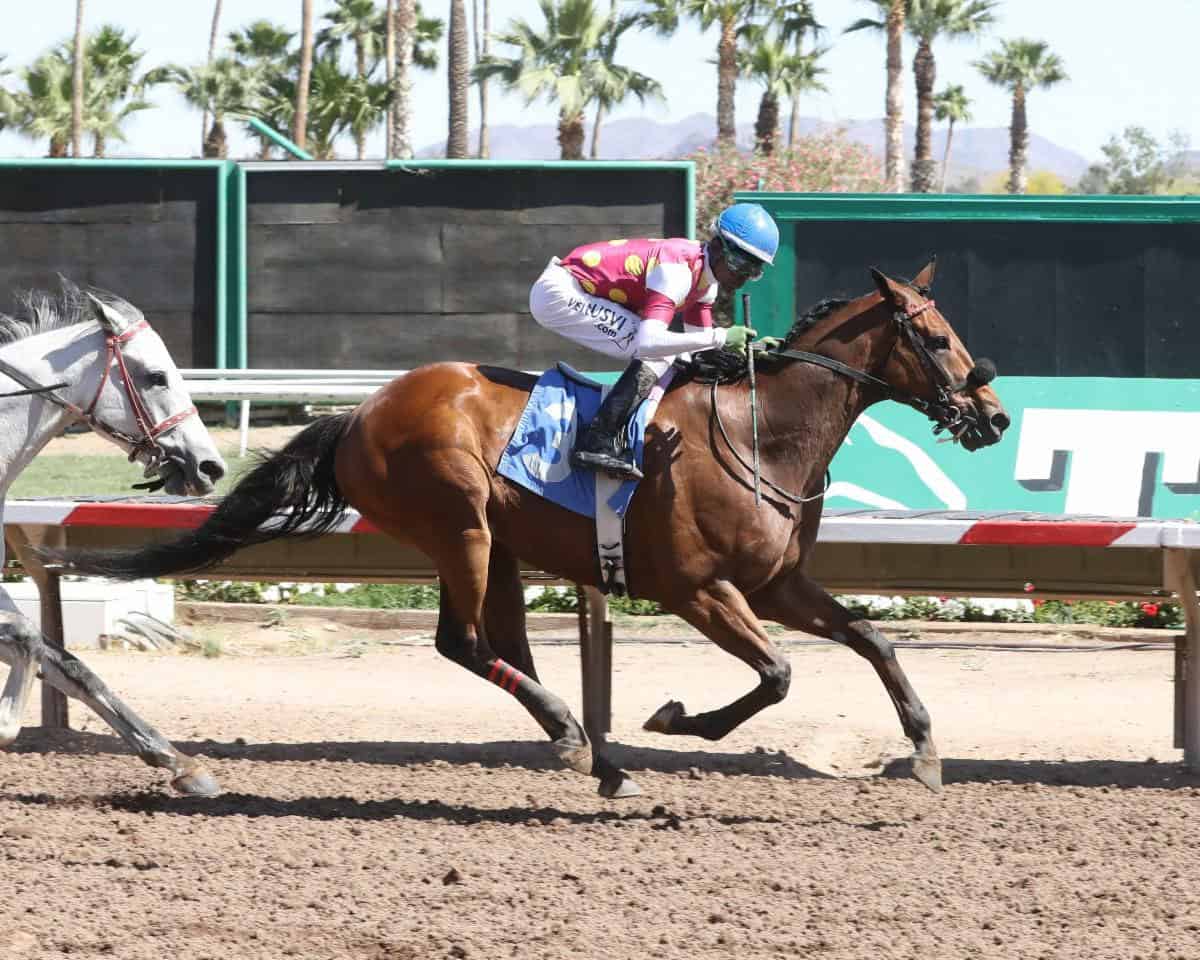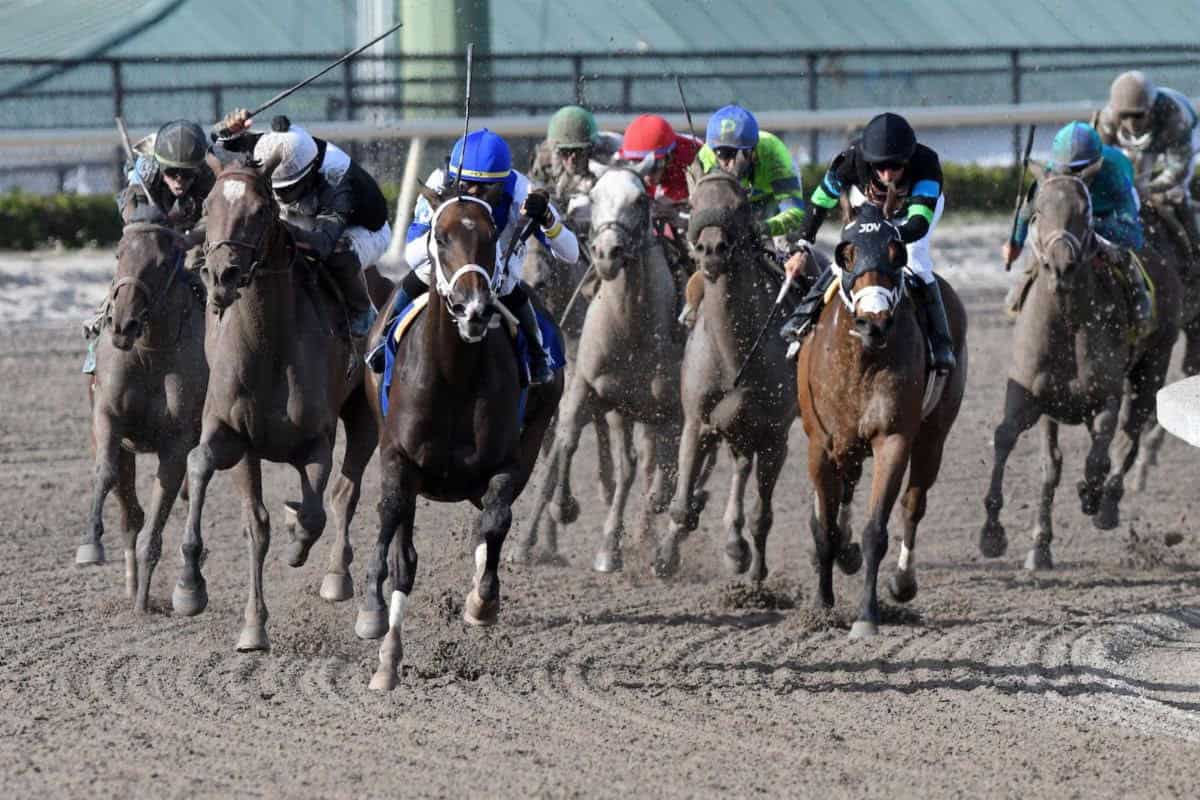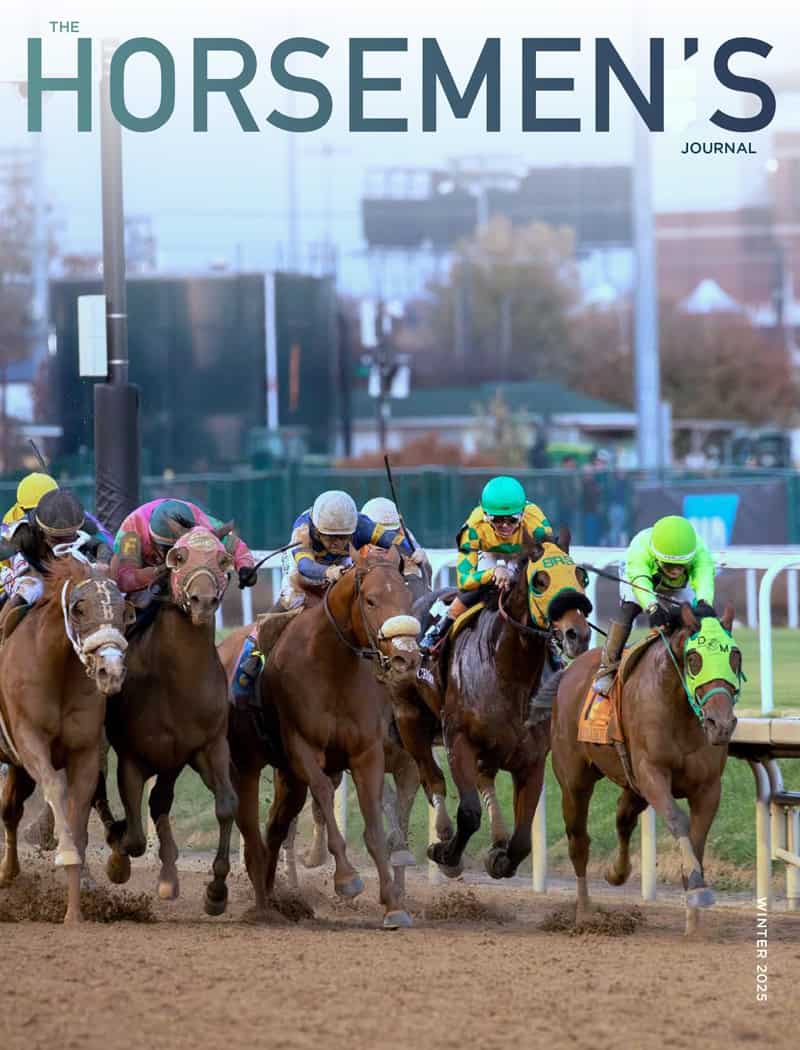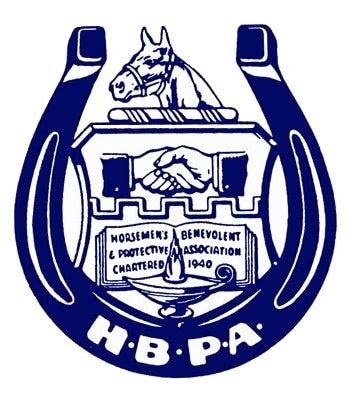The Unintended Consequences of HISA: A Looming Crisis for American Horse Racing
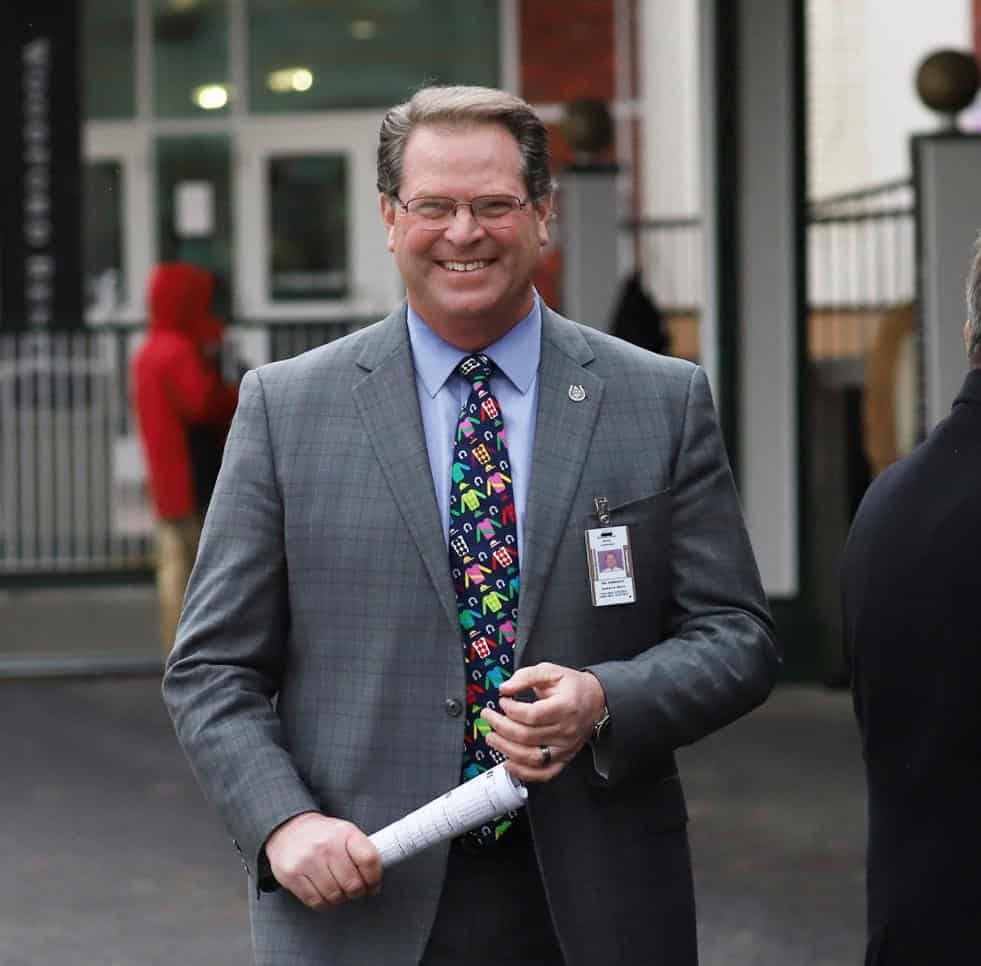
(Gwen Davis/Davis Innovation photo of Hamelback)
From National HBPA CEO Eric Hamelback:
The recent article in The Seattle Times detailing the potential closure of Emerald Downs by 2026 should provide a stark warning to everyone in horse racing of the detrimental impact that the Horseracing Integrity and Safety Act (HISA) and its enforcement arm, the Horseracing Integrity & Welfare Unit (HIWU), are having on the horse-racing industry nationwide.
For years, the National HBPA has voiced concerns about the economic burdens imposed by HISA, predicting that such financial strains would lead to the shuttering of racetracks and a decline in industry participation. Regrettably, as we see in this article, these warnings are now materializing.
HISA’s implementation has introduced substantial financial obligations on racetracks and horsemen. The $80 million budget for 2025, approved by the Federal Trade Commission (FTC) on November 6, 2024, is a testament to the substantial costs being levied upon the industry. This budget is a notable increase from previous years — much of it outsourced to HIWU. While the 5th Circuit Court of Appeals in July of 2024 declared HISA’s enforcement authority unconstitutional, HIWU oversees that enforcement. These expenses are not abstract figures and they are translating into real financial pressures for racetracks already operating on thin margins. As a result, many like Emerald Downs are faced with the grim reality of reducing operations or closing entirely. As we have seen, Emerald Downs is facing an 89% increase in fees, escalating from $712,000 to approximately $1.347 million.
Increases such as this across the nation jeopardize the economic sustainability of many racetracks, potentially leading to closures.
It is time to reevaluate the actions, and the costs, of HIWU. In the 2025 budget for HISA, it allocates $37,884,730 to HIWU and over $20 million in lab testing. What is the industry getting for those millions: raids on Emerald Downs, confiscation of therapeutic Thyro-L, and test results showing contaminations such as Metformin? Does the industry really need HIWU to have uniformity?
Additionally, without any federal funding from this federal mandate known as HISA, tracks will look to other measures in an attempt to mitigate these financial burdens. We know tracks are considering ceasing simulcast operations. While this may offer temporary relief from HISA-imposed fees, it undermines a critical revenue stream for the industry. Simulcasting has long been the lifeline for many tracks, and its reduction or elimination could accelerate the industry’s financial decline, leading to further closures and job losses.
The trajectory set by HISA and HIWU is unsustainable. The NHBPA urges the Authority, policymakers and industry stakeholders to reassess the financial implications of these regulations – now. Without immediate intervention, the very fabric of American horse racing is at risk, and that will lead to devastating consequences for all who depend on it.
In conclusion, while the intentions behind HISA may have been to enhance the integrity and establish uniformity in horse racing, the practical outcomes are proving to be economically catastrophic. It is imperative that we address these issues head-on to protect the industry as we know it.
